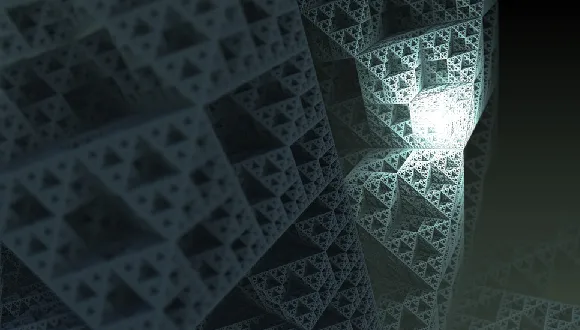Guest Seminar - Towards Design Rules for Functional Composite Films - Roman R. Kapaev, PhD
Roman R. Kapaev, PhD
Abstract
Modern energy and electronic technologies depend on composite films whose performance is determined by how ions and electrons move and how interfaces evolve over time. My work approaches these systems through a consistent arc of measurement, mechanistic interpretation, and design, with the goal of turning fundamental insight into general rules for materials engineering.
In my doctoral research, I synthesized and studied redox-active metal-organic frameworks and organic polymers for Li-, Na-, and K-ion batteries. Careful electrochemical and spectroscopic measurements revealed how subtle structural variations controlled charge-storage pathways, cycling stability, and rate capability. These results established a foundation for understanding energy materials in terms of structure-performance relationships. In my postdoctoral work at Bar-Ilan University, I carried this approach into Zn-air batteries, where the complexity of catalytic processes and interfacial instabilities demanded deeper mechanistic analysis. I identified how carbon scaffold structure governs catalytic activity and durability and clarified the role of distinct oxygen-reduction pathways in capacity and degradation. Across both stages, the common thread has been to extract quantitative rules that link local chemistry and microstructure to device-level behavior.
At Tel-Aviv University, I plan to extend this approach from molecules and interfaces to full composite films and their scalable manufacturing. The program will couple micro-architected geometry with solvent-free binder networks to shorten ion paths, preserve robust electronic contact, and improve mechanical resilience. Rather than relying on empirical optimization, the project will deliver process-to-performance maps that connect fabrication parameters to measurable outcomes such as wetting, resistance, adhesion, and fracture tolerance. While Li-ion battery electrodes will serve as the flagship demonstration, the resulting rules are designed to generalize across supercapacitors, catalysts and membranes.
By moving consistently from measurement to mechanism to design, this research aims to transform composite film development from trial-and-error into a predictive, transferable framework for building durable, high-performance, and sustainable technologies.
Bio
Roman Kapaev has over twelve years of experience in developing materials for advanced energy storage. He holds dual PhD degrees – one in Materials Science and Engineering from the Skolkovo Institute of Science and Technology and another in Physical Chemistry from the Institute of Problems of Chemical Physics of the Russian Academy of Sciences (IPCP RAS). During his doctoral research, he investigated transition metal coordination polymers and organic redox-active materials for alkali-ion batteries. Currently, he is a postdoctoral researcher at Bar-Ilan University in the group of Prof. Malachi Noked, where he leads research on materials and mechanisms for near-neutral Zn-air batteries. His work integrates materials synthesis, advanced operando characterization, data-driven electrochemical analysis, and scalable battery manufacturing. Roman has co-authored 40 papers, 26 of which as the first author and 3 as the last author. He actively collaborates with academic and industrial partners toward next-generation sustainable energy storage technologies.


